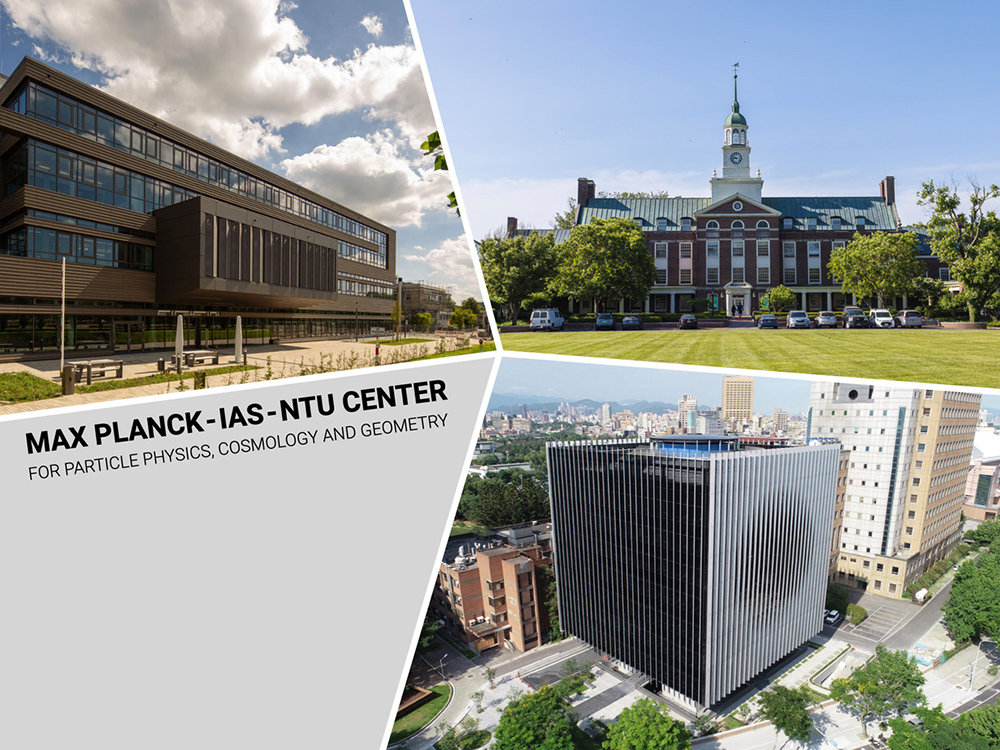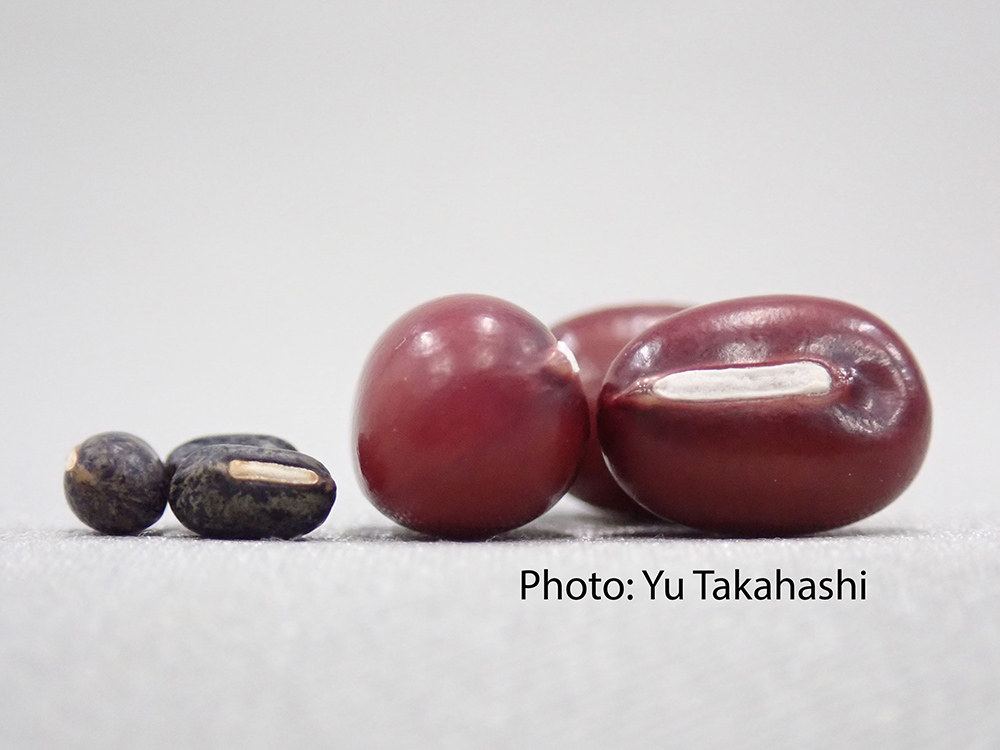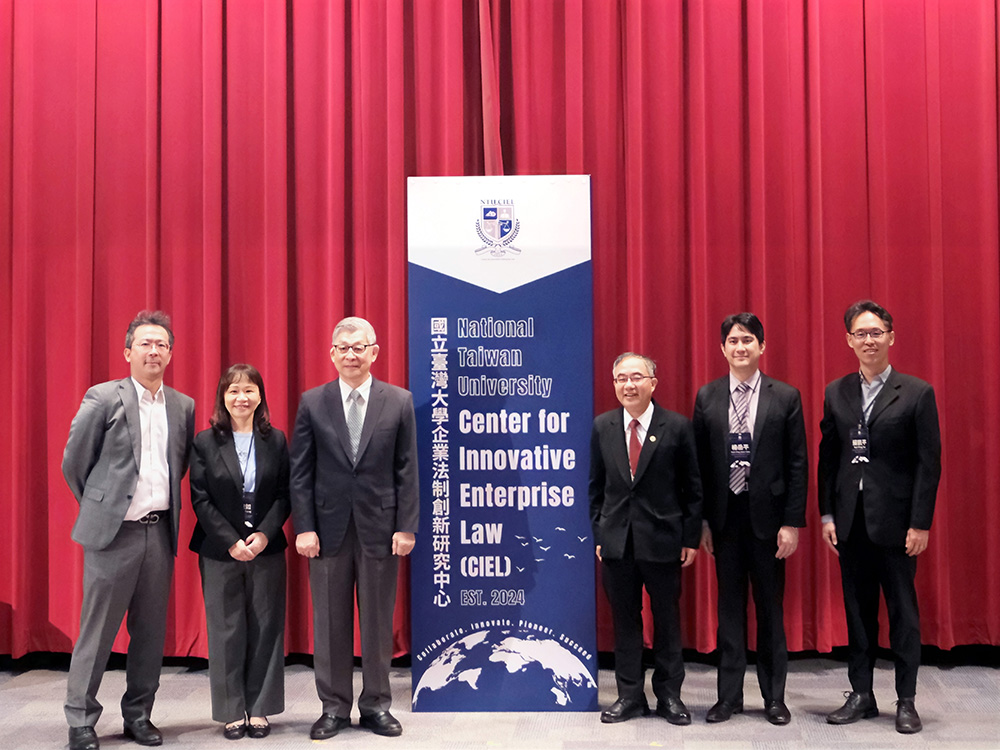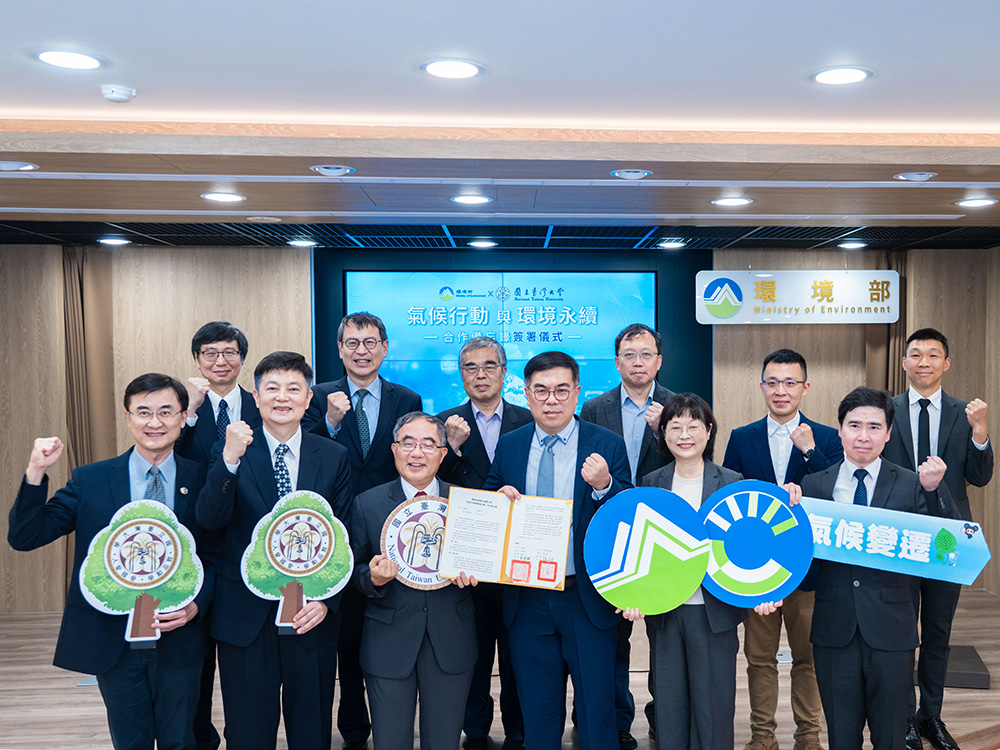
A new milestone for science at NTU: The inauguration of the Max Planck-IAS-NTU Center
瀏覽器版本過舊,或未開啟 javascript
請更新瀏覽器或啟用 javascript
Spotlights
Yan-Jun Chen (center) posing with Student Affairs officials.
“The stable allowance helps relieve financial pressure.”
Yuloong is 2nd most popular among MOH students.
The food court buffet is also a much loved provider.
Starting this semester, a food assistance program will be made available to students struggling with financial difficulties. Students enrolled in the Meals of Hope program will receive NT$3,000 in subsidies each month to be used at the Xiao Xiao Fu Commissary as well as seven restaurants in the 1st Student Activity Center meal court. The program is expected to include more food providers throughout the whole campus in the near future. In providing basic access to healthy and balanced meals, the program allows our students to focus on their education during their time at NTU.
“The monthly subsidy of NT$3,000 is at least half of my food expenses,” says Yan-Jun Chen (陳彥君), a student at the Graduate Institute of Biomedical Electronics and Bioinformatics. “Though it does not cover the whole of my monthly necessities, the economic support is a stable source of income that takes a lot of pressure off of having to work a part-time job.”
Working with E.SUN Commercial Bank and the e-commerce provider, Blink, the Office of Student Affairs launched a digital payment system in March this year so as to make on-campus restaurant payments more convenient. To promote the new system, OSA collaborated with the Office of Financial Affairs in holding two sales events at the campus restaurants. It is now looking into utilizing the technology for the food assistance program.
In response, Chen believes that the new payment method will attract more students to enroll since “Using digital payment is less conspicuous than paying with food stamps.” He adds, “This reduces the psychological pressure when getting meals.” Chen also looks forward to the inclusion of more restaurants and diversified options in the future.
However, Chen hopes that there be more flexibility in terms of the qualification process, which currently stipulates that applicants provide eligibility documents to prove their financial status. Chen suggests that interviews be held in addition to the paperwork so that authorities have a better grasp of the students’ individual needs and difficulties.
NTU Secretary General Ta-De Lin (林達德), meanwhile, noted that applications can also be processed through recommendations from department chairs, faculty members, and fellow students. These extra methods allow more students to benefit from the program.
As of April, a total of 63 students have been enrolled in the Meals of Hope program. According to statistics, the most popular restaurants are Chunyi Bakery (33%), Yuloong (15%), and Lee Mama Noodles (13.5%). School officials point out that in implementing the digital payment system, the mobile application may be utilized to further protect our students’ identities.

A new milestone for science at NTU: The inauguration of the Max Planck-IAS-NTU Center

A Distinguished Global Research Center Established at NTU under Trilateral Cooperation

Collaborative study between NTU and Japan uncovers the origin of Adzuki Beans and agriculture in Japan

NTU Launches Center for Innovation in Enterprise Law—with Forum Highlighting Trump’s Policy and Legal Shifts Amid Geopolitical Tensions

NTU and Ministry of Environment Sign MOU to Advance Net-Zero Transition and Environmental Resilience
Current Spotlights